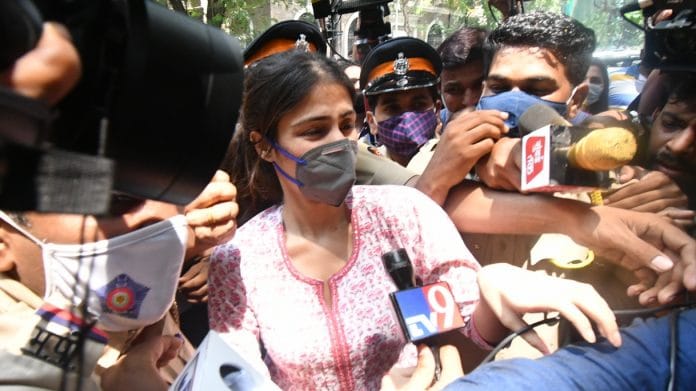The world as we know it is going through unprecedented changes due to the Covid-19 pandemic. Businesses, industries, organisations and governments are navigating through an unknown territory and are faced with unforeseen challenges. In the midst of this, the primary tool to reach the other side safely is information — information that translates into solutions when applied objectively to difficult situations.
My understanding of the media’s role in a society initially was that it provides information as a means of mass communication. It informs and educates the public about current events taking place in the country, including the perspectives of professionals or experts in the field. So, whenever I saw a student taking interviews dressed in a kurta and jhola, my respect and admiration for their quest always increased.
In college, I went for a Under25 Summit in Bangalore. I stood on my toes in the crowd trying to get a glimpse of Arnab Goswami, as he introduced Republic TV to us. I remember the entire room was transfixed on the screen, which compared the network to the revolution of Independence and how it was going to challenge every system that ignores the plight of the common people.
I came out of the room feeling elated and quite excited, having witnessed such a convincing spectacle. Only now do I realise how problematic and troubling the entire show put up by Goswami was.
Media focused on banging utensils instead of healthcare
When the entire country came to a standstill in March 2020, due to the pandemic, and the sudden imposition of the lockdown, panic struck all households regarding basic necessities such as food, shelter, employment and safety.
One would assume that the media would have reported on these issues — the increasing number of cases of coronavirus cases, the plight of the migrant workers, the rise in the number of domestic violence cases, the inadequacy of the public healthcare system and the lack of healthcare facilities.
Instead, the media was focused on live broadcasts of political leaders asking people to bang utensils in honour of healthcare workers, lighting diyas and focusing on irrelevant propaganda. The incompetence of the media was most apparent in June and July when the biggest news was the tragic death of an actor, a media trial of his partner without any official confirmation or evidence, and condemnation of celebrities’ lifestyles.
The use of sensational headlines and voices to engage the audience has become a popular tactic to attract viewership. Not all media houses succumb to such tactics, but those who do, distract the public and divert attention from real, pressing problems that plague our country and the world today.
Information divulged by the media, to a very large extent, determines the mood and tone of agendas that need to be addressed or pushed in the country. For instance, the use of social media hashtags like #JusticeforSushant or #ArrestRhea seems like campaigns that were used to lobby support and engage people in a cause.
Whether such a cause is ethical or not is secondary. The first question we need to address is whether this falls within the ambit of the ‘news’ that is expected from media houses?
Disheartened by callous attitude towards students’ arrest
While the rest of the world is striving towards clean energy, sustainable environmental
practices, preservation of human life and technology, and combating climate change, our media has shifted the public’s focus to glorify the work of political leaders and vilify any individual who disagrees.
The other neglected issues include the Delhi communal riots, detention centres in Assam, environment catastrophe in the Northeast, military standoff in Ladakh and the arrests of young student activists and journalists.
As a university student, I am especially disheartened with the callous attitude of the media towards the arrest of young students and individuals who were part of peaceful demonstrations and were just seeking answers from the political leaders.
As a woman, I am pained by the lack of criminal justice systems in place because of which women lose their lives and dignity every day. I am also appalled at how media houses have been playing a significant role in turning these rapes into political controversies thereby overshadowing the heinous nature of the crime. And as a consumer, I am dissatisfied with the quality of information and the important issues that have not yet been engaged with on a public platform.
Most importantly, I believe, as a citizen of the largest democracy in the world, ethical
reporting by media houses is the need of the hour. Citizens must engage in constructive civil discourse based on true facts and information, free from bias and opinions. There should be dialogues about the kind of society and future we want to live in.
Aulina is a student of O.P. Jindal Global University, Sonipat.







Look who is talking.
Facepalm.